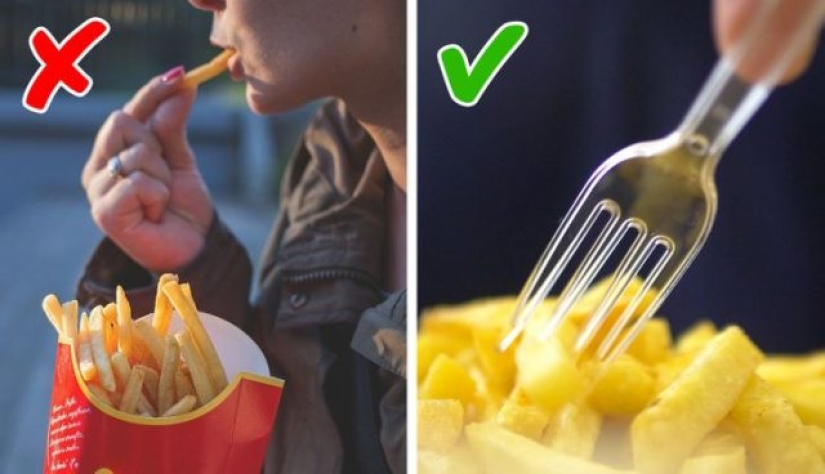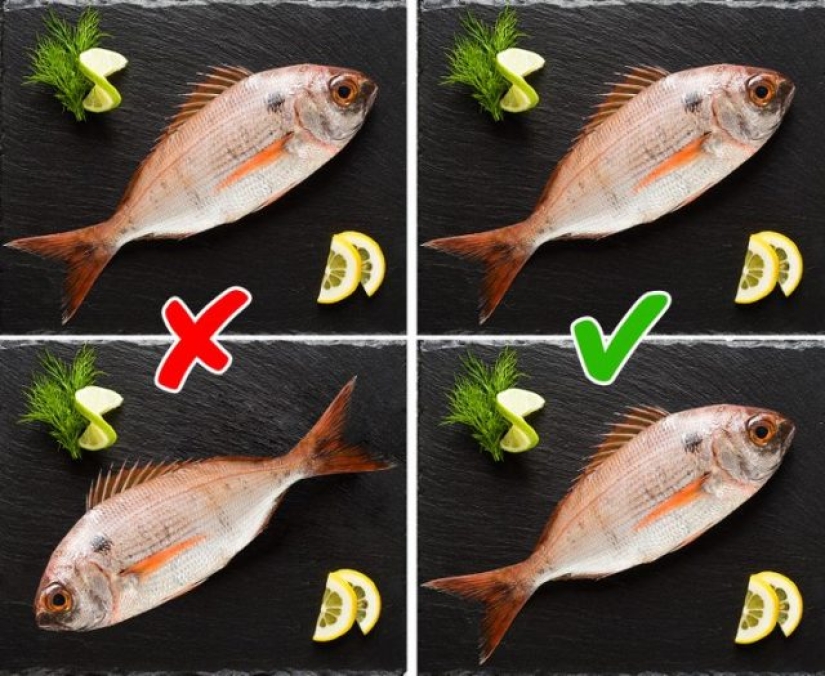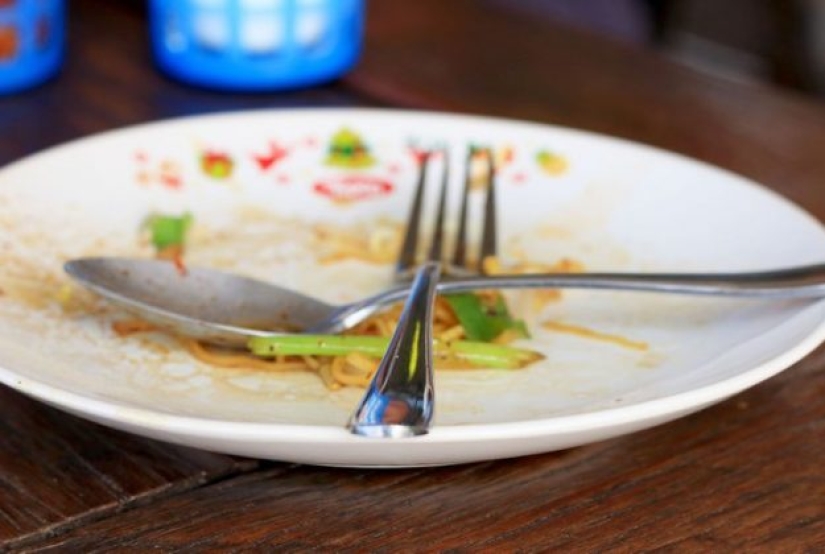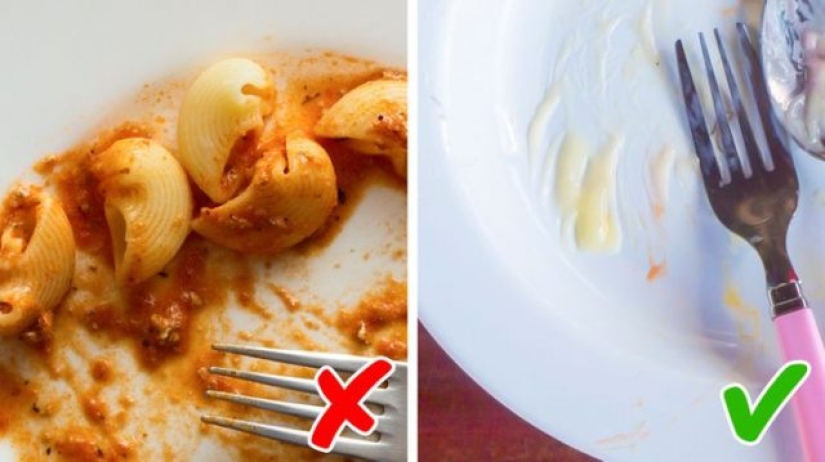7 habits, because of which you can raise problems in different parts of the world
Categories: Culture | Habit | Life hacks | Lifestyle | People | Society | World
By Vika https://pictolic.com/article/7-habits-because-of-which-you-can-raise-problems-in-different-parts-of-the-world.htmlIn Spain, when you do not kiss someone on the cheek at the first meeting, it is considered rude. This is an example of cultural etiquette, codes of conduct that change from country to country. In some places, there may be a cultural shock, but we can always adapt to the manner of local residents, so as not to look rude or annoying.
Pictolic listed a number of unexpected rules that you need to stick to in different corners of the world if you don't want to face adversity.
7 PHOTOS

1. There are hands in Chile.
In Chile, it is better not to touch the food. Chileans consider it unpleasant to use their hands to have something, even such snacks as french fries. That's why they always have a knife and a fork for every meal.

2. Rotation of fish in some parts of China.
For the Chinese it is very traditional to serve the whole fish as a dish (on a plate). But you have to see that in some parts of this country you have to do it as it is served. The reversal of the fish is considered unsuccessful and is associated with the overturning of the fishing boat.

3. Ask for more beer for pizza in Italy.
Italy is known for its refined and delicious cuisine. It is considered rude to ask for something that is not yet served in a dish. Therefore, if you want to add a little parmesan to your pizza, but do not want to provoke the dissatisfaction of the waiters, it is better to do it when they do not look.

4. Eat everything that you have on a plate in China.
In China, for a long time, it was considered rough to eat everything that is on a plate. This is a sign that the host did not offer you enough food. But this custom has changed with the appearance of such movements as "Operation Plain Plate", the purpose of which is the reduction of food waste.

5. Do not eat everything on a plate in India.
In contrast to what we discussed earlier about the usual Chinese rule, in India politely eat everything. It is expected that you should eat everything that is on your plate, a sign of respect for food, which is considered sacred.

6. Riding in Bulgaria.
In Bulgaria, waving is slightly different: waving the head to the left and right means really "yes", and waving the top of the head and down - "no". It is better for you to be careful, answering the question nonverbally. For safety reasons, you can use the words "yes" and "no", which means "no".

7. Writing names in red color in South Korea.
In South Korea, the red color signifies death, so it is usually used to mark the dead. It is believed that if you write the name of a living red man, it will bring misfortune. For this, be sure to always bring your own blue or black pen.
Keywords: Habits | Problems | World | Society | People | Lifestyle | Culture | Etiquette | Residents | Meal
Post News ArticleRecent articles

It's high time to admit that this whole hipster idea has gone too far. The concept has become so popular that even restaurants have ...

There is a perception that people only use 10% of their brain potential. But the heroes of our review, apparently, found a way to ...
Related articles

Have you heard of such a phenomenon as the doorway effect? Let's put it simply: have you ever walked into a room and immediately ...

No wonder long hair has been considered a woman's adornment for many centuries. Girls with luxurious curls attract attention and ...

Walking through this picturesque bridges, you can admire the views from these stunning views and breathtaking landscapes. We invite ...

New Year's is a time to surprise and delight loved ones not only with gifts but also with a unique presentation of the holiday ...